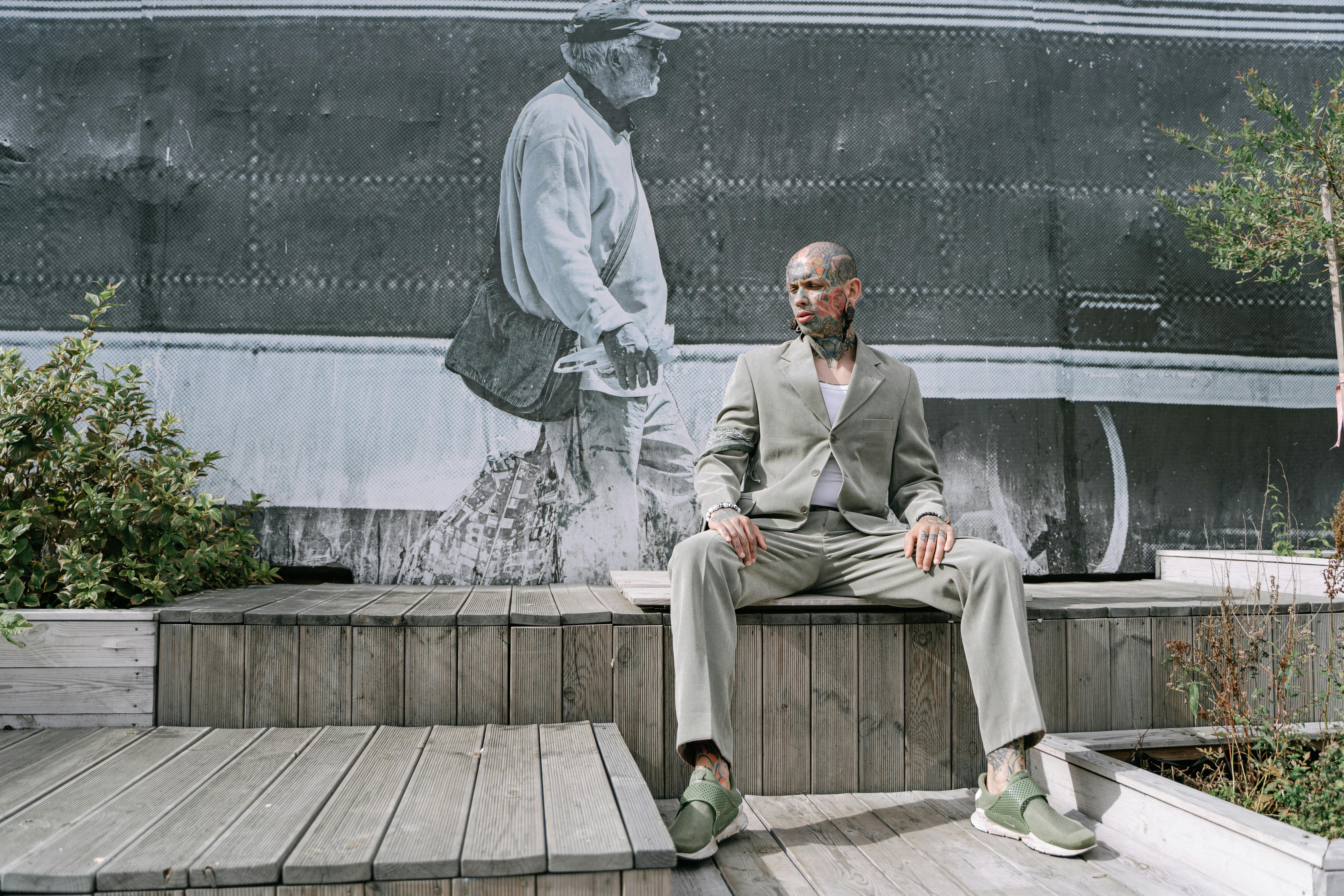What is emotional abuse?
Emotional abuse is much more common than physical or sexual abuse.
Most emotional abuse is verbal. Racial slurs, insults, derogatory comments, and threats are obvious examples of explicit emotional abuse, but they are much more often covered up and hidden in common interpersonal exchanges. Many times the damage is done by the tone of voice and the verbal emphasis… for example, comments made in a derogatory or accusatory tone. Depending on the intensity and duration of the experience, it is capable of creating damaging and lasting behavioral and attitudinal changes in the victim.
Overt and Covert Verbal Abuse
In explicit verbal abuse, anger, hatred or contempt are often very evident. In covert emotional abuse, the anger and hate are muted or seem to be absent. Covert abuse is usually delivered without obvious anger or yelling. The tone of voice may seem normal, but to those who listen carefully, a trace of criticism or contempt can usually be heard. The motives behind covert abuse are often the desire to manipulate, shame, or punish the other.
Some of the more subtle forms of covert abuse include: ‘withholding’, ‘discounting’, ‘verbal abuse described as teasing’, ‘blocking and diversion’, ‘trivialisation’ and ‘undermining’. The perpetrator may communicate in a vague, confused, or ambiguous way. When the victim misunderstands or misconstrues these communications, she is unfairly, but hurtfully, criticized or dismissed for being inattentive, lazy, selfish, stupid, uninformed, etc.
Recognize two VERY common types of emotional abuse
gas lighting
In verbal gaslighting, as in the 1944 film of the same name, the perpetrator attempts to make the victim doubt her own perceptions and judgments and accept those of the abuser. This can be done intentionally or unconsciously, but when the victim loses confidence in her own judgment, she is easily swayed into accepting the perpetrator’s point of view, plan or decision.
Since cumulative emotional trauma creates psychological damage much more often than single traumatic incidents, when gaslighting is repetitive and intense, overall mental health can be affected and increased self-doubt can lead to emotional breakdown or even collapse. victim suicide.
the double whammy
In the double whammy, two emotionally hurtful or insulting comments are made, separated by a communication (usually a protest) from the victim. The second abusive comment is usually an attack on the victim’s response. “Of course you would say that… You always play the victim.” The first comment hurts and embarrasses and the second invalidates the protest or denies the hurtful character of the first comment:
“I was just kidding… you have no sense of humor”
“You are too sensitive”
The perpetrator’s second comment is often a form of gaslighting.
Ruined relationships, ruined lives
When these abusive tactics are experienced from childhood, it is difficult to grow into a confident and competent adult. Repeated undermining and abrogation create pervasive feelings of worthlessness, hopelessness, and depression that make living happily and effectively more difficult.
These verbal attacks destabilize the victim creating lasting anxiety, shame, fear, and guilt. Ultimately, these behaviors destroy trust, love, or camaraderie between intimate or social partners.
how do we learn it
American men have often been inadvertently taught to use speech to dominate others. Sons learn this by watching their fathers and other male role models. Girls follow the example of their mothers and other female role models who, especially in the past, have tended to downplay, excuse, ignore, or dismiss dominant abuse directed at them.
Feeling inferior, seeking help…
Most perpetrators and many victims are unaware (or only partially or temporarily) that these interactions are abusive. When they are effective, the victim may genuinely believe that their thinking or decision-making is inferior, incorrect, or based on unacceptable premises. The feelings of incompetence, low self-esteem, anxiety, depression, and hopelessness that lead many people to seek psychological help for their “weakness” often have deep roots in the early experience of emotional abuse.
An everyday occurrence
Unfortunately, since this subtle yet hurtful form of abuse is part of our culturally sanctioned pattern of social interaction, most of us will commit it at one time or another. When unconscious, unintentional, or infrequent, it can be considered a “psychological defense”… an attempt to verbally control the other in order to feel sufficiently powerful or secure.
But since these behaviors are so pervasive, it would be well for each of us to examine our own behavior and resolve to purge these woefully common and hurtful verbal habits from our interactions. We must be less willing to tolerate emotional abuse in silence, and we must be alert, aware, and responsive when it is directed at us…or at others in our presence.



